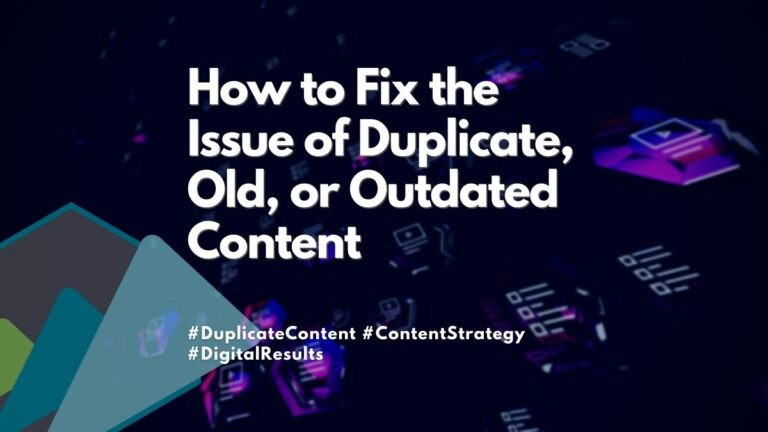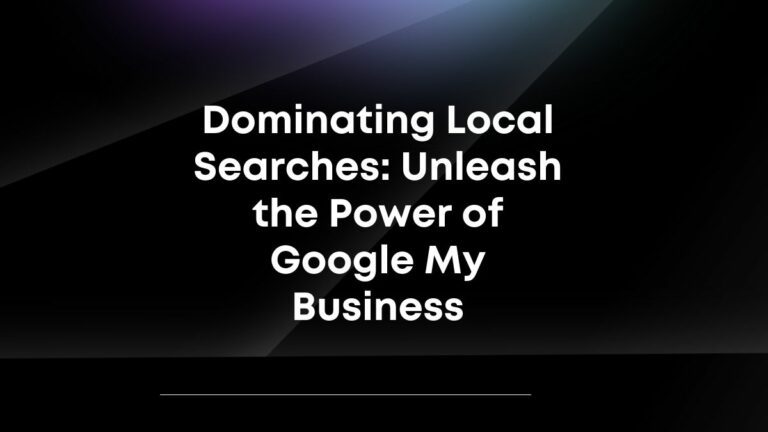Does Google Index URLs with Hashtags?

Does Google ignore URLs that contain hashtags? We conducted an experiment to find out. The reason for this experiment stemmed from the question, does Google really ignore links that have hashtags? Does it even matter when we include hashtags in a URL? Or is including a hashtag just a way to make the article/page more scannable and attractive?
We tested several different types of pages to see if Google would treat them differently. The results were quite interesting and may surprise you. Overall, Google does not index hashtags, but we did find one use case where they did. We created hashtag links via JavaScript that dynamically changed the page layout and added new content to the original page. We found that Google did index content from the modified page, even though the content did not exist on the original page.
Google Doesn’t Normally Index Hashtags in a URL
Google doesn’t normally index hashtags in the URL. This has recently been proven by Google’s John Mueller, who responded to a question on Google Search Central’s #AskGooglebot.
What are Hashtags in URLs?
A hashtag symbol (#) in a Uniform Resource Locator (URL) is called a fragment identifier. A fragment identifier sets the browser’s scroll position to a predefined location on the web page.
How Do Hashtags Affect URLs?
The part of a URL that comes after the first hash symbol (#) is known as the fragment identifier, anchor tag or anchor element. By default, this information is not sent to the remote web server. So, for instance, both of these links would be considered requests for the same document by the remote web server:
https://getdigitalresults.com/search-engine-optimization/#seo-services
https://getdigitalresults.com/search-engine-optimization/#keyword-research
Search engines, like Google, will consider the search results for both fragment identifiers to refer to a single search result – https://getdigitalresults.com/search-engine-optimization/.
Thus, it’s important not to use fragments as a way of showing Google that you want two different pages to be crawled and indexed separately. Instead, if you want to show Google that you have two distinct pages, use two URLs without fragments.
In some modern web applications, however, fragments are often used differently. For example, a series of related requests can be considered a single unit, with parameters passed via URL fragments. In addition, JavaScript can be used to interpret a fragment on a web page and update only portions of that page without having to refresh the entire page. These features can characterize applications that use AJAX technology.
What Google Says About Hashtags in URLs
Besides the very basic information Google has provided for hashtags in URLs, John Mueller’s recent video is the first time they confirm what we found with our experiment. In most use cases, Google does not support the indexing of URLs with hashtags in them. Our recommendation is that if you want Google to find a piece of content on your site, the best option is an SEO-optimized piece of content with solid keyword influences for the URL and content.
So no, don’t use hashtags in the URL for Google says @methode at #pubcon – this comes right after @JohnMu said they deprecated AJAX crawling scheme today https://t.co/ygomq3HRVH
— Barry Schwartz (@rustybrick) October 17, 2018
We usually ignore everything after a # when it comes to links and discovering URLs.
— 👓 johnmu? People are not cats 👓 (@JohnMu) February 11, 2022
How to Make Your Links Easy for the Search Engines
- Use a Consistent URL Structure – Many newer webmasters fail to follow a consistent URL structure setup. This usually means they did not do their due diligence when determining what and how their URL structures would look like.
- Include Keywords in Your URLs – One of the easiest ways to let search engines like Google know what your page is about is to include keywords you want the page to rank for in your URL structure.
- Keep URLs Shorter Rather Than Longer – We try to keep our URLs shorter than 100 characters, but even Google has said that shorter is usually better. One way to do this is to remove words from the URL that may not be as important as others. We refer to these as stop words.
- Put Similar Content in the Same Folders – We refer to this as Siloing Content, and doing this helps inform Google and other search engines as to what type of information you are an authority on. Google uses this information to promote or demote your content in the SERPs.
Should You Use Hashtags or Not?
So We will say this depends on what you are attempting to do.
If you want Google to find and index specific content, which may exist on a page that is really about something else, we recommend creating a new page for the content and linking to it from the original page.
If the end goal is to be making links to assist a user in finding specific content on a longer form piece, we say go for it, and try to make sure you do not overdo adding the anchors.
If you are creating dynamic content via JavaScript/AJAX, then you may be on the cutting edge for SEO, and you may end up having some issues until Google tracks those URL changes regularly. In this case, you may want to see how Google is processing and indexing your pages and make decisions from that point.
All in all, having hashtags in URLs is not bad, but it may not be giving you the desired SEO benefit you think it is.
Ready to Grow Your Search Engine Results?
Let Digital Results assist you in your SEO strategy and help
deliver the search engine results you need.






